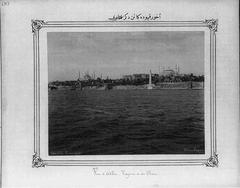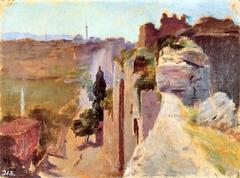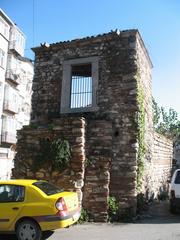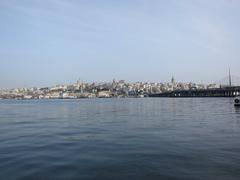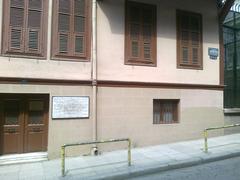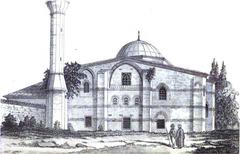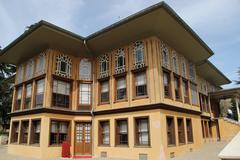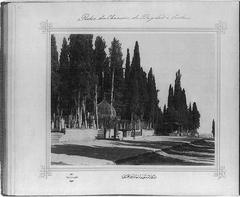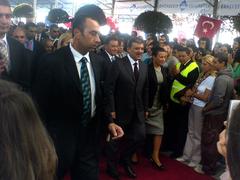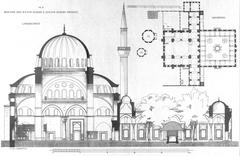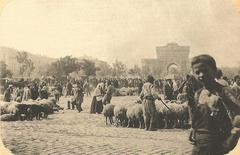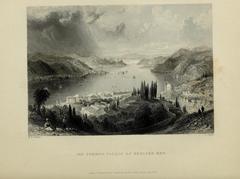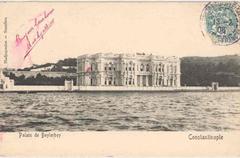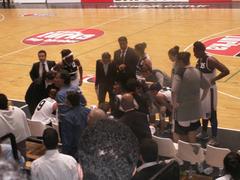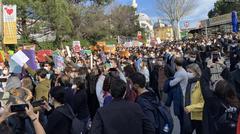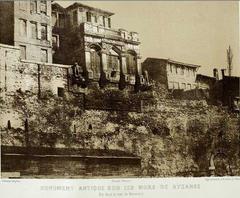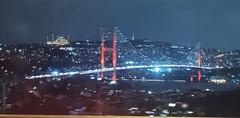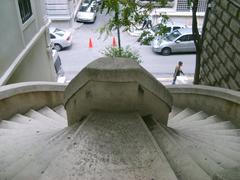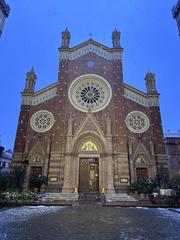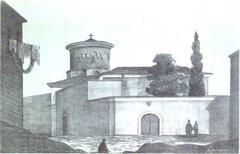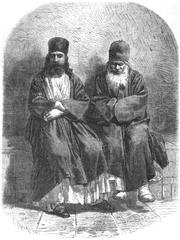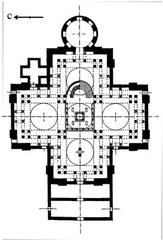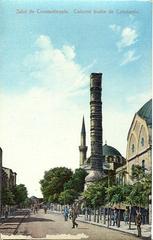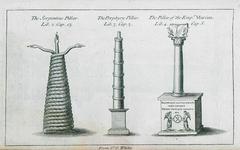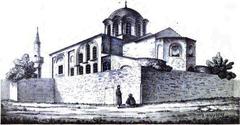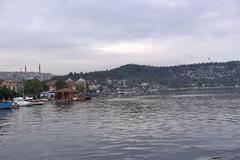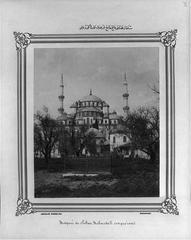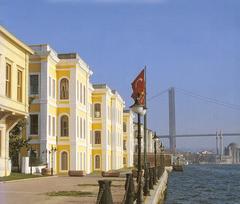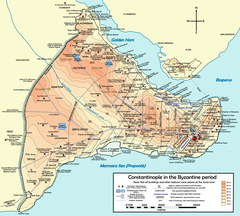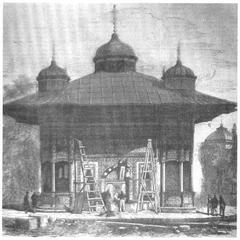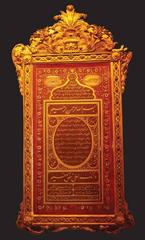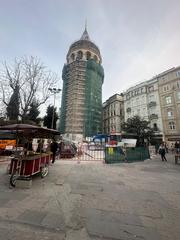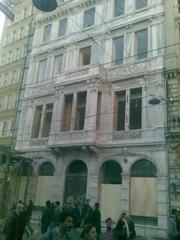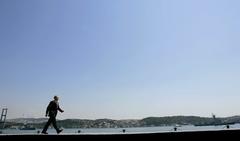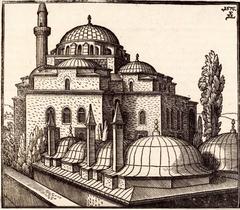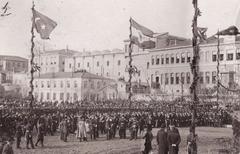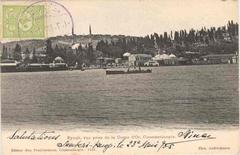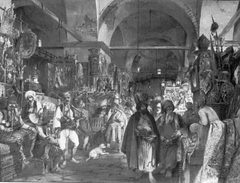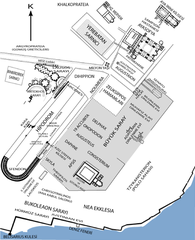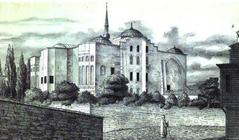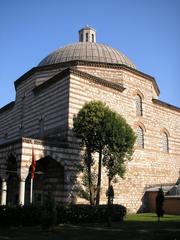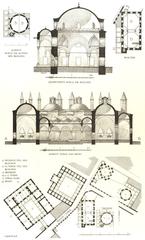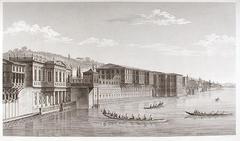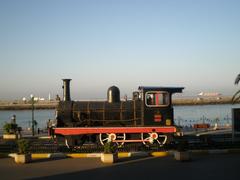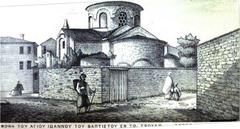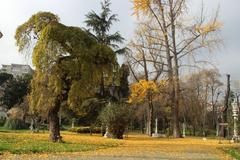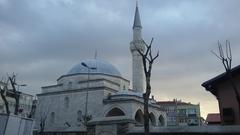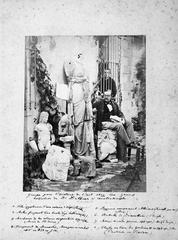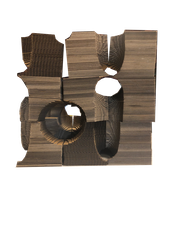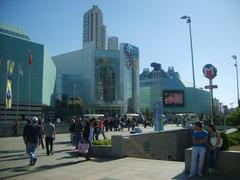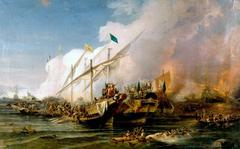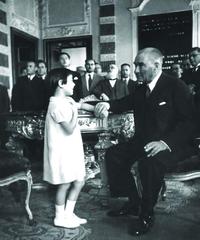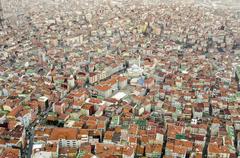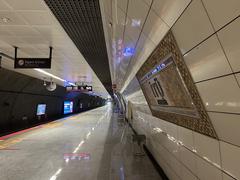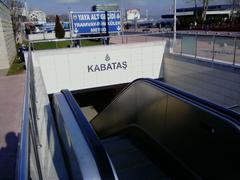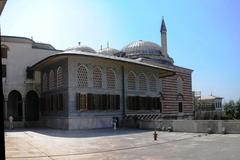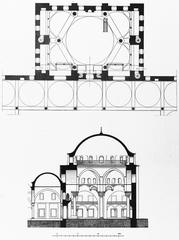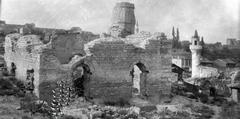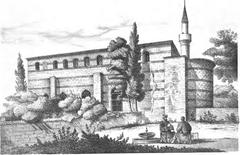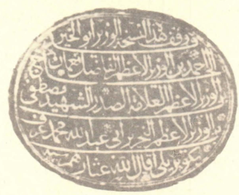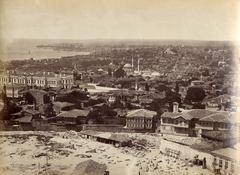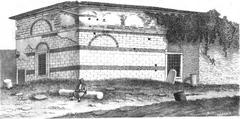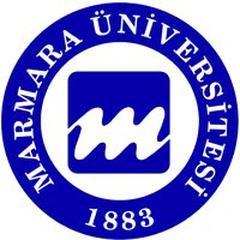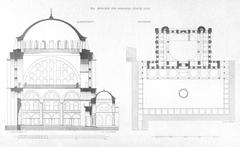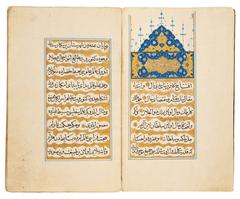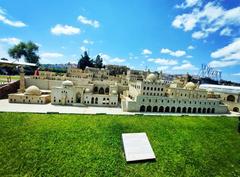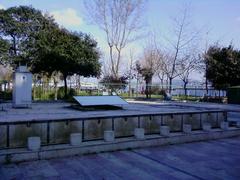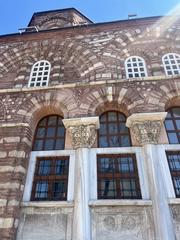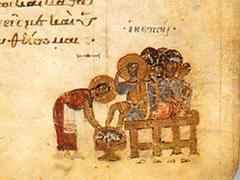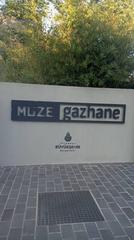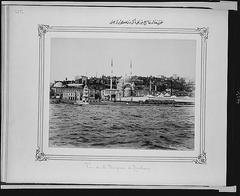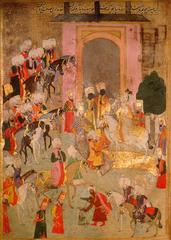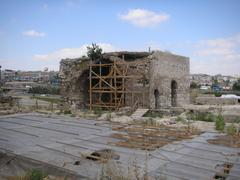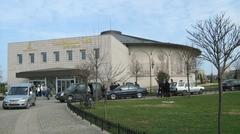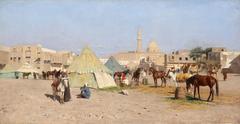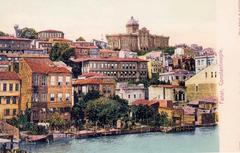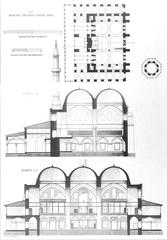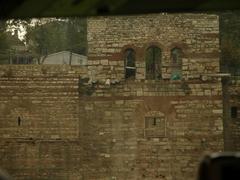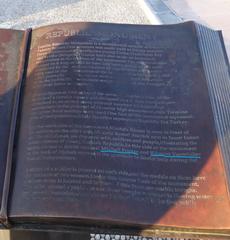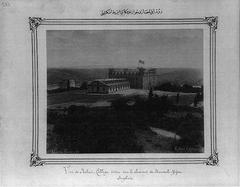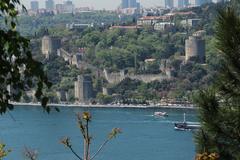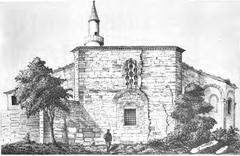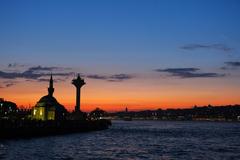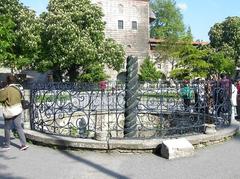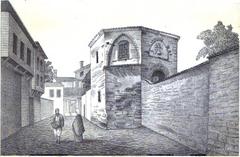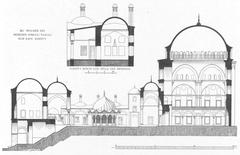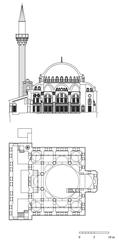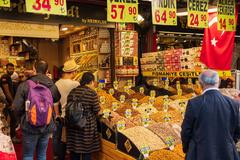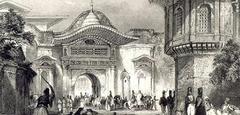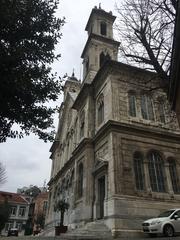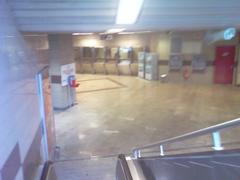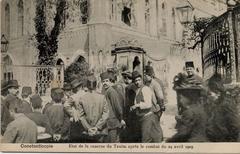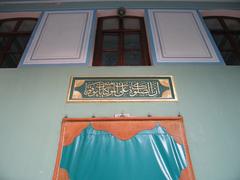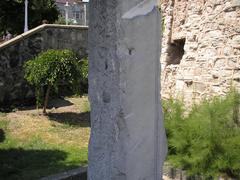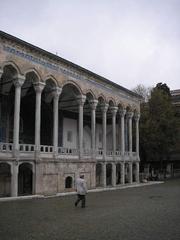Burmalı Mosque Visiting Hours, Tickets, and Istanbul Historical Sites Guide
Date: 14/06/2025
Introduction to Burmalı Mosque and Its Significance
Tucked away in Istanbul’s storied Fatih district, the Burmalı Mosque—often called the “Mosque with the Spiral Minaret”—stands as a testament to the city’s multi-layered history and architectural ingenuity. Commissioned by Emin Nureddin Osman Efendi in the mid-16th century, the mosque seamlessly blends Ottoman, Seljuk, and Byzantine influences. Its rare spiral minaret and repurposed Corinthian columns set it apart from other mosques in Istanbul, offering visitors a unique window into the city’s spiritual and artistic legacy.
Today, Burmalı Mosque remains an active place of worship and a vibrant social hub for the surrounding community. For travelers and history enthusiasts, it provides a serene retreat and a rich educational experience. This guide details everything needed for an informed visit—including practical information on visiting hours, tickets, accessibility, etiquette, photography, transportation, and nearby attractions.
For further insights, consult trusted resources such as Dijital Istanbul, The Muslim Traveler, and Turkey Travel Planner.
Table of Contents
- Introduction
- Historical Background
- Architectural Features and Influences
- Religious and Cultural Significance
- Visitor Information
- Location and Surroundings
- Restoration and Preservation
- Notable Burials
- Frequently Asked Questions (FAQ)
- Visuals and Media Recommendations
- Related Articles
- Conclusion
- References
Historical Background
Origins and Patronage
Burmalı Mosque was commissioned in 1550 by Emin Nureddin Osman Efendi, chief judge of Egypt under the Ottoman Empire. Its construction reflects the period’s urban and religious expansion as well as the tradition of combining spiritual purpose with architectural innovation. The mosque’s location in Fatih places it at the heart of Istanbul’s historic core, surrounded by notable landmarks and vibrant neighborhoods.
Architectural Features and Influences
Spiral Minaret
The mosque’s defining feature is its spiral brick minaret—an architectural rarity in Istanbul, where straight, pencil-like minarets are the norm. This Seljuk-inspired design not only demonstrates exceptional craftsmanship but also symbolizes spiritual ascent.
Byzantine Elements
Burmalı Mosque incorporates four Corinthian columns salvaged from the nearby Byzantine Church of St. Polyeuctus. This creative use of spolia exemplifies the Ottoman tendency to blend and repurpose architectural elements, linking the city’s Byzantine and Ottoman pasts.
Layout and Interior
Unlike imperial mosques with grand central domes, Burmalı Mosque features a pitched roof and a rectangular prayer hall. The mihrab (prayer niche) and minbar (pulpit) are adorned with geometric and floral motifs, while natural light filters through arched windows, creating a tranquil ambiance. The modest courtyard and ablution fountain offer a peaceful transition from the bustling city outside.
Religious and Cultural Significance
Burmalı Mosque has served as a neighborhood mosque for centuries, hosting daily prayers, Friday congregational worship, and special religious events such as Ramadan iftars and Eid celebrations. Its spiral minaret holds metaphorical significance in Islamic spirituality, representing the soul’s journey toward enlightenment. As a protected cultural monument, the mosque is a living testament to Istanbul’s layered religious and architectural heritage (Istanbul.tips).
Visitor Information
Visiting Hours
- General Hours: Open daily from 9:00 AM to 6:00 PM.
- Prayer Times: Access is restricted to worshippers during the five daily prayers, especially midday (zuhr) and Friday (jummah) prayers.
- Holidays: Hours may change during Islamic holidays; check schedules in advance (Turkey Travel Planner).
Tickets and Entrance
- Entry: Free, with no tickets required.
- Donations: Voluntary contributions are welcomed to support mosque upkeep (Turkey Guzel).
Accessibility
- Physical Access: The entrance includes a few steps; wheelchair access is limited, and streets nearby are often uneven.
- Public Transport: Easily accessible via the Laleli-Üniversite tram stop (T1 line) or Vezneciler metro station (M2 line). Walking from transit stops involves navigating some hills and cobblestones (Istanbul Guide Tour).
Dress Code and Etiquette
- Modest Attire: Both men and women must cover shoulders and knees; women are required to cover their hair. Bringing your own scarf is recommended.
- Shoes: Remove shoes before entering the prayer hall; storage facilities are provided.
- Behavior: Maintain silence and respect; avoid loud conversations or phone use inside. Children should be supervised.
- Photography: Permitted outside of prayer times; refrain from photographing worshippers and avoid using flash (Fodor’s).
Travel Advice
- Footwear: Wear shoes that are easy to remove.
- Hydration: Bring water, especially in summer.
- Navigation: Use maps or navigation apps; the area is pedestrian-friendly but hilly.
- Personal Belongings: Keep valuables secure; Fatih is safe, but standard precautions apply (Tours to Turkey).
- Language: Turkish is primary, but English is commonly understood in tourist areas.
Location and Surroundings
Burmalı Mosque is situated near Saraçhane Park, east of Atatürk Boulevard. Its central position places it a short walk from other historical attractions, including the Şehzade Mosque, Aqueduct of Valens, and the Grand Bazaar. The surrounding neighborhood offers plenty of traditional eateries, shops, and amenities (Dijital Istanbul).
Restoration and Preservation
The mosque has seen several restoration campaigns, most notably in the 1930s, 1955, and between 2016 and 2020. These efforts have focused on preserving its unique minaret, structural integrity, and original decorative elements, ensuring the mosque’s continued role as a community and historical landmark.
Notable Burials
Within the mosque’s grounds lies the tomb of its founder, Emin Nureddin Osman Efendi—a tradition in Ottoman religious architecture linking patrons and their endowments to the spiritual life of the mosque.
Frequently Asked Questions (FAQ)
Q: What are the opening hours for Burmalı Mosque?
A: Daily from 9:00 AM to 6:00 PM, but closed to visitors during prayer times.
Q: Is there an entrance fee or need for tickets?
A: No, entry is free and open to all; donations are appreciated.
Q: Is the mosque accessible for people with disabilities?
A: Accessibility is limited due to steps and uneven terrain.
Q: Can non-Muslims visit Burmalı Mosque?
A: Yes, outside prayer times and when observing dress and etiquette guidelines.
Q: Is photography permitted?
A: Yes, except during prayers and without disturbing worshippers.
Visuals and Media Recommendations
- Photos: High-resolution images of the spiral minaret, prayer hall, and courtyard.
- Alt Text Examples: “Burmalı Mosque spiral minaret in Istanbul,” “Interior of Burmalı Mosque prayer hall.”
- Maps: Embed an interactive map showing the mosque’s location in Fatih.
- Virtual Tours: Link to available virtual visits or video walkthroughs.
Related Articles
Expand your exploration of Istanbul’s history with our guides to:
Conclusion
Burmalı Mosque stands as a remarkable intersection of Istanbul’s diverse architectural, religious, and social heritage. Its distinctive spiral minaret, harmonious use of Byzantine elements, and enduring community role make it a highlight among Istanbul’s historical sites. With free admission and easy access, Burmalı Mosque offers a peaceful, enriching experience for visitors seeking to discover the layers of history woven into Istanbul’s fabric.
For updated information, guided tours, and cultural tips, download the Audiala app and follow our social media channels. Continue your journey through Istanbul’s diverse heritage with our comprehensive guides.
References and Further Reading
- Dijital Istanbul – Burmalı Mosque
- africame.factsanddetails.com – Burmalı Mosque History & Architecture
- Istanbul.tips – Do’s and Don’ts in Istanbul
- Istanbul Guide Tour – Istanbul Tips for Tourists
- The Muslim Traveler – Istanbul Travel Guide for Muslim Travelers
- Turkey Travel Planner – Mosque Etiquette
- Fodor’s – Visiting Istanbul’s Mosques
- Turkey Guzel – Best Mosques in Istanbul
- Tours to Turkey – Istanbul Travel Guide 2025

